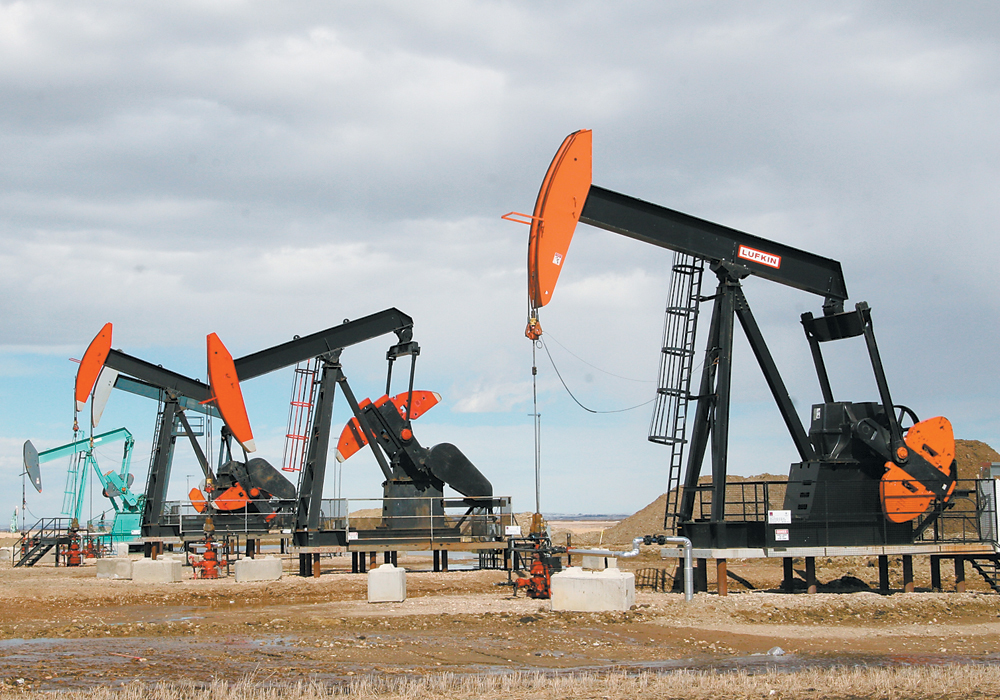Remember peak oil?
The term was in vogue a couple of decades ago as oil prices went through the roof and the price of fuel at the pump skyrocketed.
American geophysicist Marion King Hubbert had first introduced it to the world in 1956 when he suggested that world oil production would fall into terminal decline once it had reached its maximum limit.
In other words, oil would become harder to produce and increasingly expensive once more than half of the planet’s reserves had been pumped out of the ground.
Read Also

Higher farmland taxes for investors could solve two problems
The highest education and health care land tax would be for landlords, including investment companies, with no family ties to the land.
The Western Producer dedicated three pages and a front page story to the topic in November 2007.
Canadian geologist David Hughes told reporter Daniel Winters that his research pointed to the date for peak oil falling sometime between 2005 and 2040 with the average opinion being 2014.
Winters talked to farmers who worried about how they would be able to conduct the business of producing food if fuel prices continued to climb.
He also interviewed Larry Martin, who at the time was with the George Morris Centre.
“Some of the people I’ve been listening to say we will have an absolute decrease in the amount of oil produced in the world starting in about 2011 or ’12,” Martin said.
“And the last time I checked, the Chinese and Indians are increasing their oil consumption a lot. If demand isn’t going down and the supply is going to stop growing, there’s only one thing that the price can do unless we can get more efficient substitutes than we’ve got right now.”
It all sounded quite dire.
But then a funny thing happened. New oil reserves were found, production became more efficient and today no one talks much about peak oil.
Now there’s a new notion in town. It’s called peak demand.
No matter how vocal the climate change deniers get, much of the world is taking the crisis seriously.
Countries are phasing out fossil fuel, and efforts to increase renewable energy generation are picking up steam.
“There will be peak oil demand at some time in the 2030s, when combustion engine phase-out mandates start to take effect,” Hasan Qabazard, a former head of research for OPEC, recently told Reuters.
“This peak demand will plateau for a long, long time to come.”
How times have changed.















